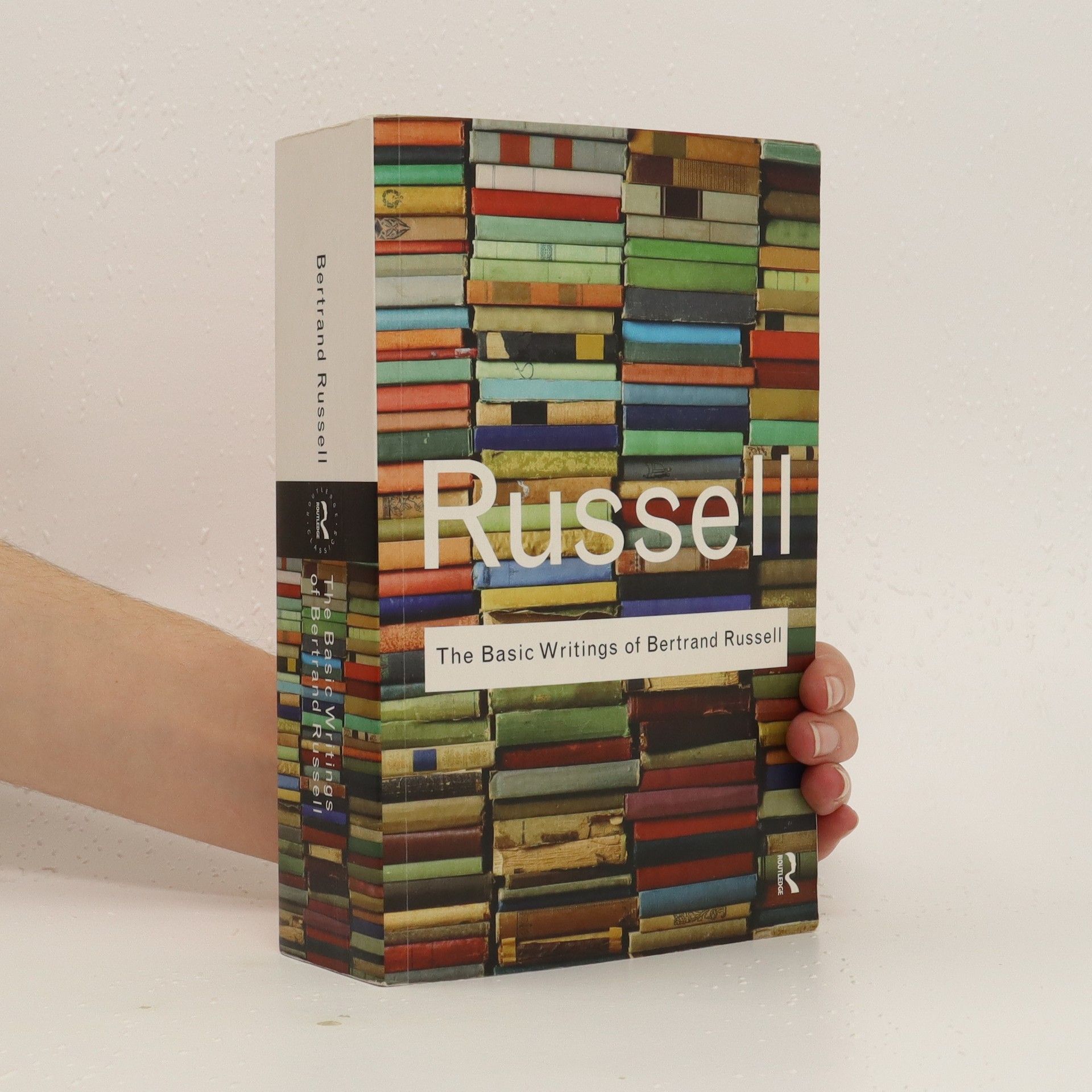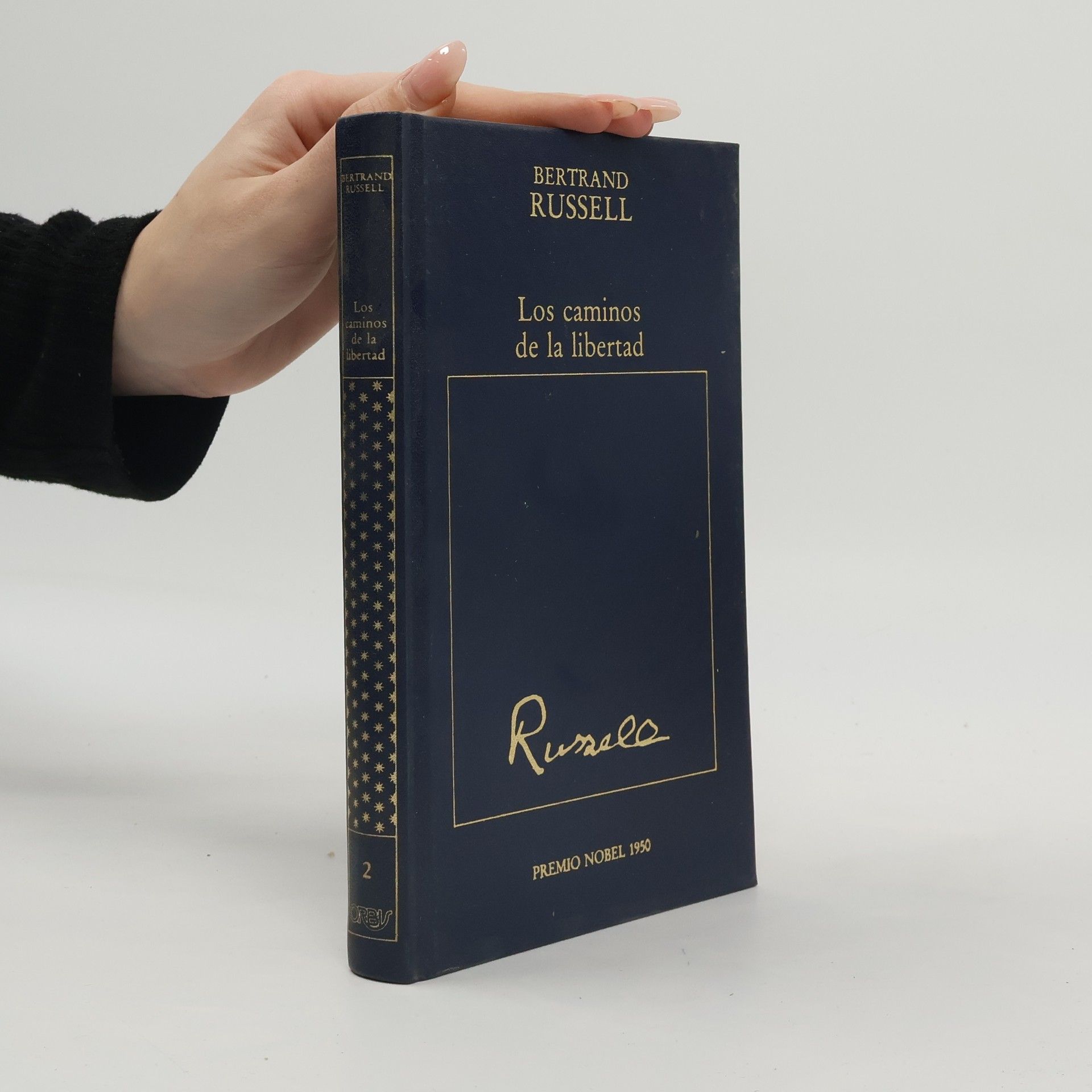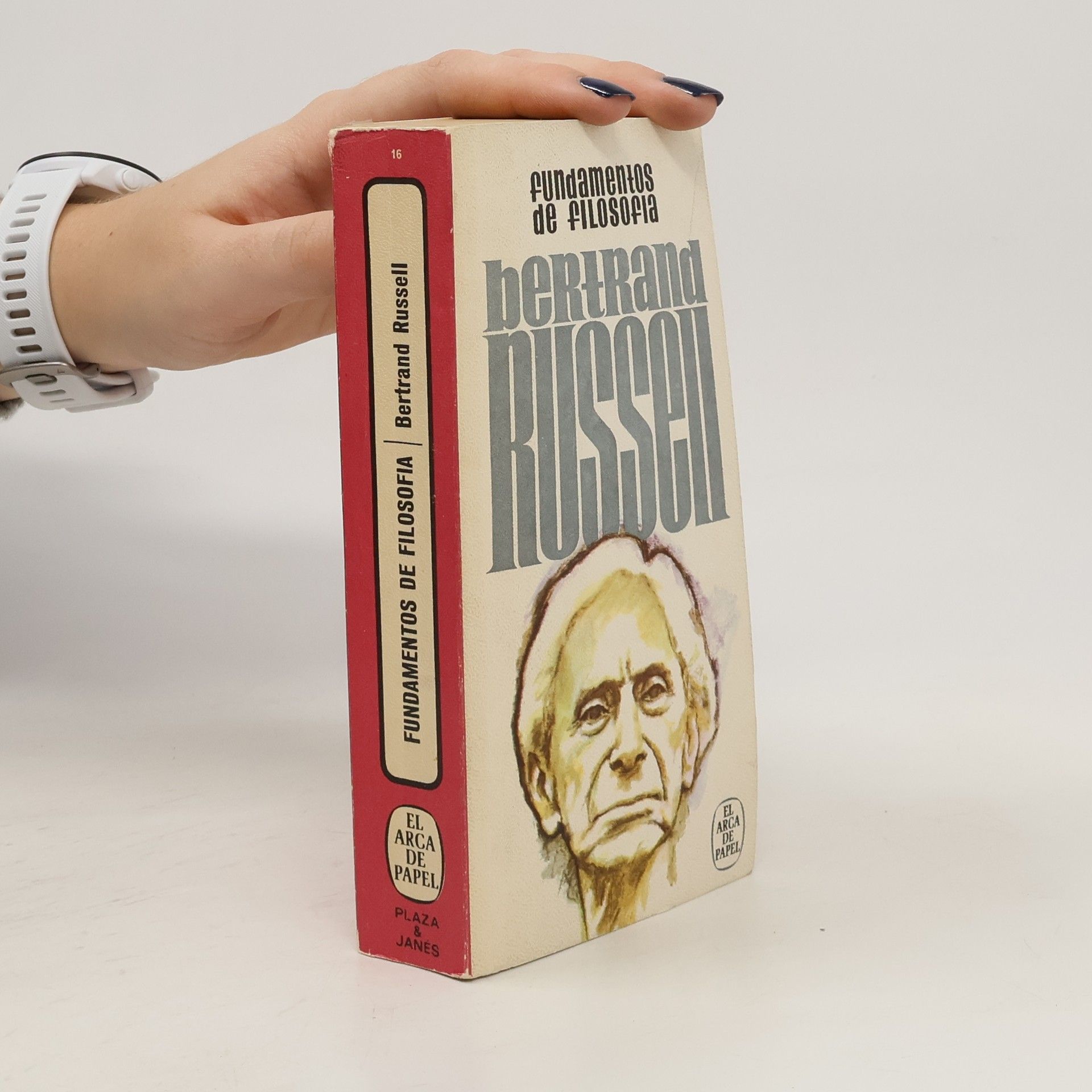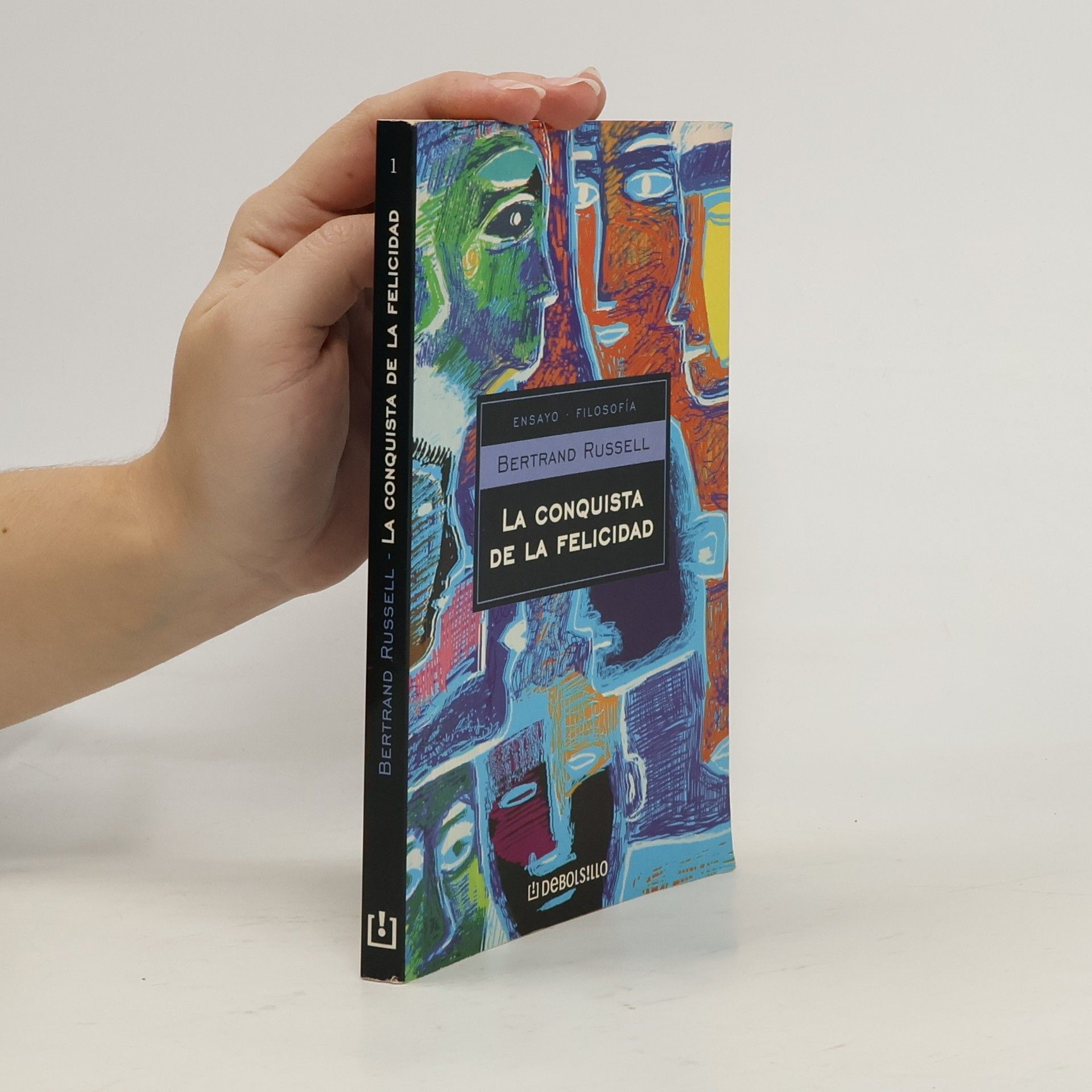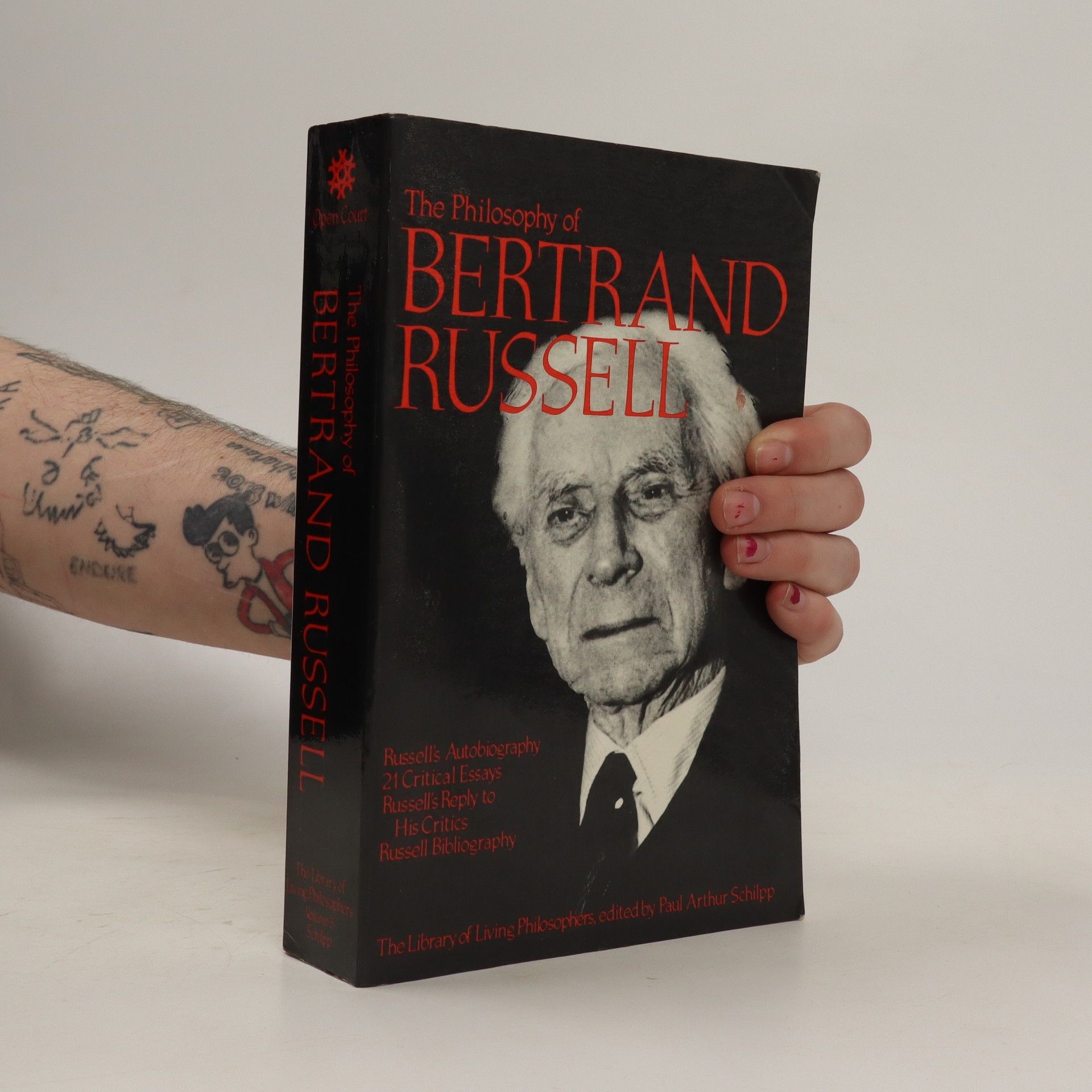La conquista de la felicidad
- 208 páginas
- 8 horas de lectura
Bertrand Russell es, a su modo, uno de los últimos grandes humanistas de Occidente. En La conquista de la felicidad, hay un libro punzante y de estilo diáfano, una evidente prueba de su marcha en pos de la felicidad terrestre y mundana. Podría vérselo como una obra de autoayuda... si no fuera porque se trata de un proyecto, de raigambre estoica, de repensar el ser humano y su posición en el mundo. Así lo expresa en el prefacio de su obra: "Este libro no va dirigido a los eruditos ni a los que consideran que un problema práctico no es más que un tema de conversación. No encontrarás en las páginas que siguen ni filosofías profundas ni erudición profunda. Tan sólo me he propuesto reunir algunos comentarios inspirados, confío yo, por el sentido común. Lo único que puedo decir a favor de las recetas que ofrezco al lector es que están confirmadas por mi propia experiencia y observación, y que han hecho aumentar mi propia felicidad siempre que he actuado de acuerdo con ellas. Sobre esta base, me atrevo a esperar que, entre las multitudes de hombres y mujeres que padecen infelicidad sin disfrutar de ello, algunos vean diagnosticada su situación y se les sugiera un método de escape. He escrito este libro partiendo de la convicción de que muchas personas que son desdichadas, pueden llegar a ser felices si hacen un esfuerzo bien dirigido...".


